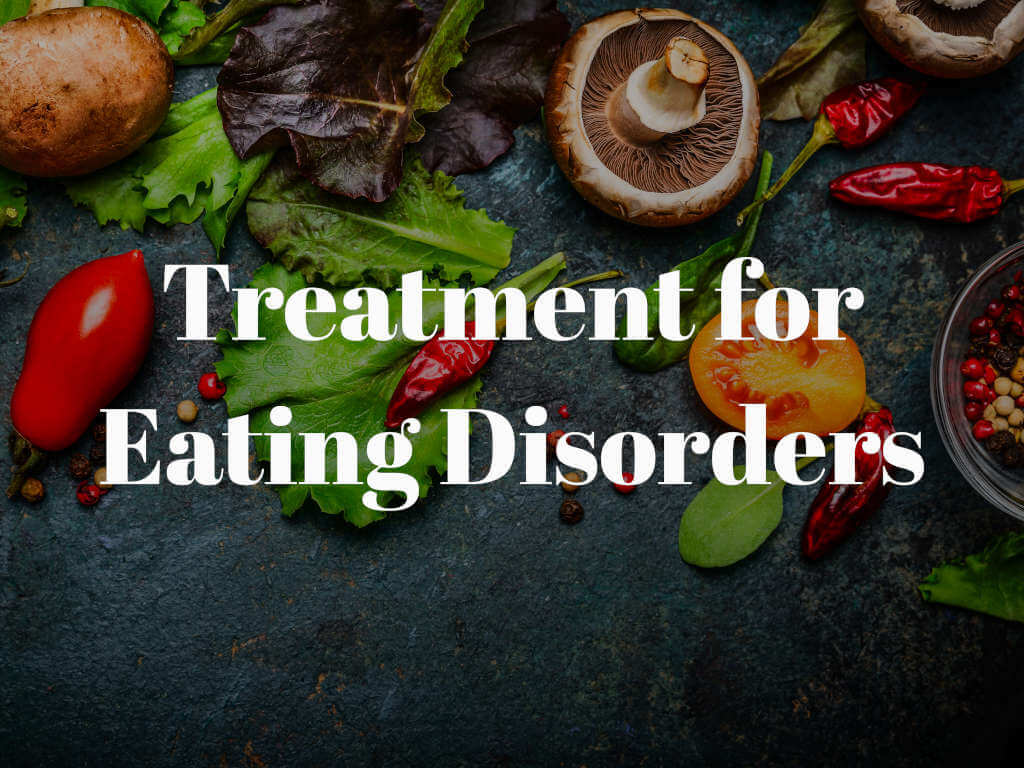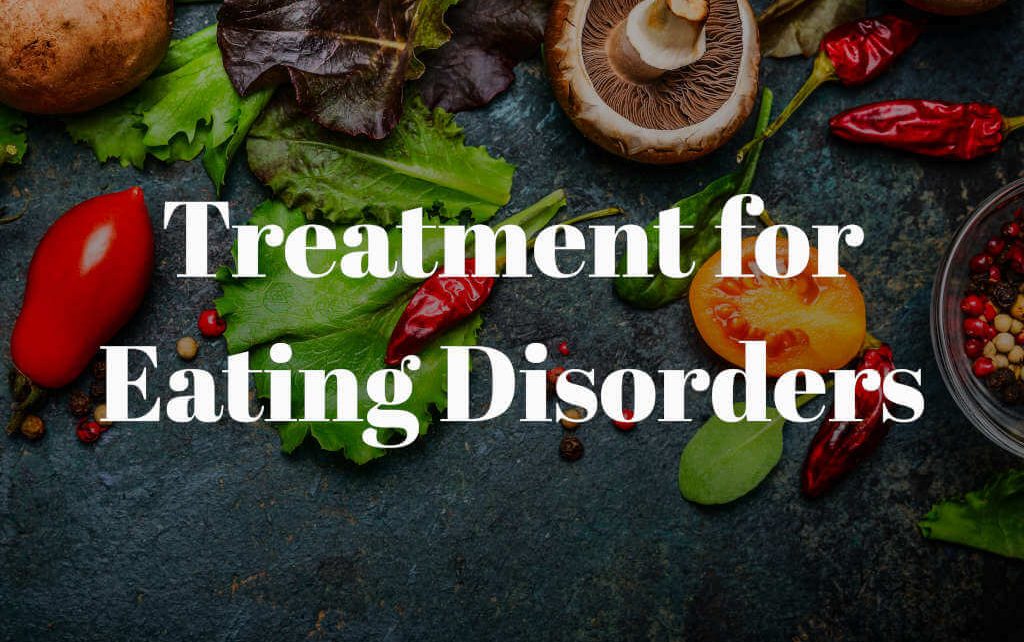Today sadly, there is a need for ongoing treatment for eating disorders. I feel sure that these people that require treatment for their eating disorders are a product of today’s unrealistic body image that society bombards us on TV, movies and magazines. With celebrities starving themselves to become waif like and wear size zero who exist on nothing but lettuce and a cigarette definitely give the wrong impression to fans that mimic their every move.
Treatment for Eating Disorders – Facts
If a patient undergoes intensive treatment for eating disorders along with Weight loss pills the success rate can be as high as 60 percent and they will then be able to pick up their lives again and have a healthy respect for their bodies and they are not as focused on food as they were when they first started the program.
Another 20 percent will not altogether fully recover and still have a focus on food and weight. Even with the love and support of family and friends the person who has this eating disorder will not feel that they fully trust those closest to them to give them the truth about their weight and image. These people feel that no one really understands their problem from their view. They will often attend work but usually don’t have meaningful careers.

The remaining 20 per cent will never recover even after one to one treatment. Their whole existence still revolves around the food and weight. Even though these people have had treatment for eating disorders they will revert back to how they used to view their bodies and weight previously and with constant treatment the death rate will drop to between 2-3 per cent.
Treatment for Eating Disorders – Meet the professional team
Step 1:
As eating disorders is an individual disease so is the treatment there is not just one person that is responsible for the treatment for eating disorders it will involve a whole team of professionals such as:
Doctors
Dieticians
Psychologist or psychiatrists who work on both an individual and group session basis.
The team of professionals works together and talks over individual cases in order to share the knowledge and work out the best possible solution for the patient to move forward. The counseling given will be over many weeks and will included one to one and group sessions.
The aim of the professional team is:
Ensure the patient returns to and maintains their normal weight
Gives them the ability to eat a wide and varied foods not only the diet foods that they regularly eaten and to work with them on their irrational way that they view food.
Encourage relationship mending to family and friends
Develop skills to problem solve and other coping mechanisms
Uncover the various treatment for eating disorders:
Anorexia Nervosa
Astonishingly approximately 25 per cent of patients are treated in hospital until they achieve 85 per cent of their normal weight.
Counseling both on an individual basis or group and can be conducted on an outpatient basis.
A range of psychotherapy, family counseling and medical nutritional advice devised as a team approach from the professional team.
Drugs therapy has not been all that successful in treating the disease but may be helpful in assisting with depression that sometimes can accompany the disease.
Bulimia Nervosa
With the treatment of this disease it can be conducted on an outpatient basis for a lot of patients. Similar counseling sessions are devised for the patient that include both one on one therapy sessions along with group and family counseling, and dietician advice to educate the patient about different foods.
Doctors may prescribe drugs to the bulimic to lessen the incidence of purging along help with depression.
Some of the drugs that have given good results are those know as SSRIs or selective serotonin reuptake inhibitors, like Zoloft or Prozac

Step 2
How to help someone with an eating disorder:
What you will need to know is that the person who has an eating disorder refuses to believe that their eating patterns are abnormal and you could find that they are in denial and either become angry or upset if you brooch the subject with them.
Always present to be caring and non judgmental towards them although be now you have tons of information and facts don’t shove it down their throats as they will be resentful. Instead find a support team such as the ones that were discussed earlier or ask your local doctor for referrals.
When combined with changes to behavior, including eating and physical activity habits, prescription medications may help some people lose weight. On average, people who take prescription medications as part of a lifestyle program lose between 3 and 9 percent more of their starting body weight than people in a lifestyle program who do not take medication.




